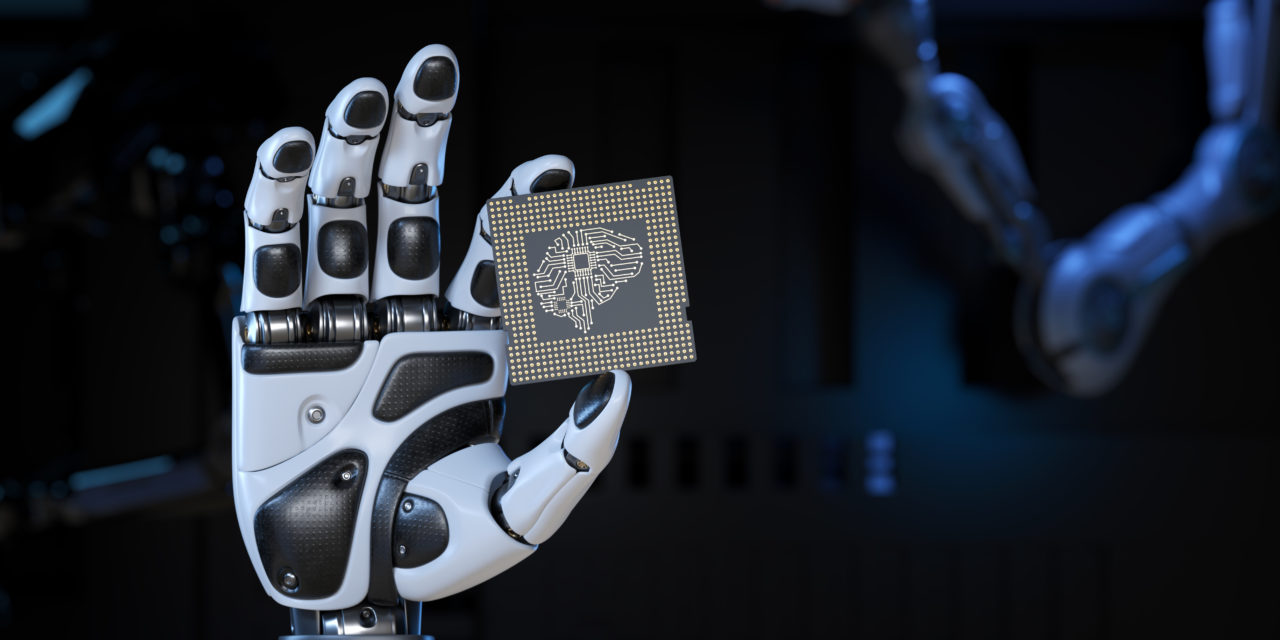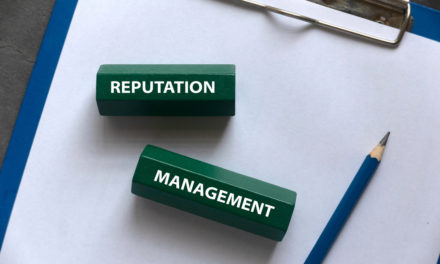You’ve probably seen those Facebook ads that are eerily relevant to your interests—so relevant, in fact, that you can’t help but click on them. Chances are, you’ve been targeted by an advertising bot. These days, bots are big business. In 2018, they accounted for a whopping $7.3 billion in ad spending. And while they can be effective at driving traffic to websites and boosting sales, they can also be problematic. Just ask KFC and Elon Musk.
What is an advertising bot?
An advertising bot is a computer program that automates the process of buying and selling online advertising. In other words, it buys ads on behalf of companies and then sells those ads to publishers like Facebook and Google. For example, if KFC wants to run a targeted ad campaign on Facebook, it would use an advertising bot to do so.
KFC Kristallnacht: What Went Wrong?
According to an interview done by Roger Hearing a journalist, he covered the KFC story regarding their release of a Bot Ad that commemorated Kristallnacht by eating Cheesy Chicken. Roger interviewed Darren Dunner the Vice President of NetReputation to get some insights on whether or not a Bot can truly be blamed for such an offensive Ad. According to Darren using Bot automation on its own has the ability to create these mistakes, however, these ads should never be released without having a proper quality controller check each message before they get sent.
KFC commemorates Kristallnacht with an offensive bot ad
KFC made headlines when it launched a controversial ad campaign to commemorate Kristallnacht, the anti-Jewish pogrom that took place in 1938. The ads featured an image of a fried chicken restaurant with the tagline “Remembering Kristallnacht”. Unfortunately, the company failed to realize that such an iconic and historic event could not be viewed through such a shallow lens.
The ads were met with outrage and KFC had to issue an apology. In the apology, they explained the Bot debacle as an automation error, and in no way did they mean for that message to go out. So far no
KFC releases statement in response to backlash over Kristallnacht ad
In response to the backlash, KFC released a statement apologizing and explaining that the ad was not meant to be seen as offensive. They explained that it was an automation error and they had not intended for such a message to go out. The company also committed to reviewing its processes in order to ensure similar mistakes do not occur in the future.
What issues are these causing?
There are a few problems with advertising bots. First of all, they’re often used to commit ad fraud. This is when advertisers pay for impressions or clicks that never actually happen. Additionally, bots can be used to inflate web traffic numbers. This gives website owners false information about their audience and makes it difficult for them to gauge the effectiveness of their marketing efforts. And last but not least, bots can be used to spread fake news stories. Remember that whole “Elon Musk & the Ukraine-Russia peace” poll? That was caused by a Twitter bot. Just another example of allowing generating AI bots to curate content and no real oversight on what is going out to the public.
Advertising bots can be helpful or harmful, depending on how they’re used. When used legitimately, they can drive traffic to websites and boost sales. However, they can also be used to commit ad fraud, inflate web traffic numbers, and spread fake news stories. So what’s the takeaway? As with anything else, proceed with caution and always do your research before working with an advertising bot—or any other type of bot, for that matter! Also, make sure you have a review policy in place to proof any copy before releasing it to the public.




